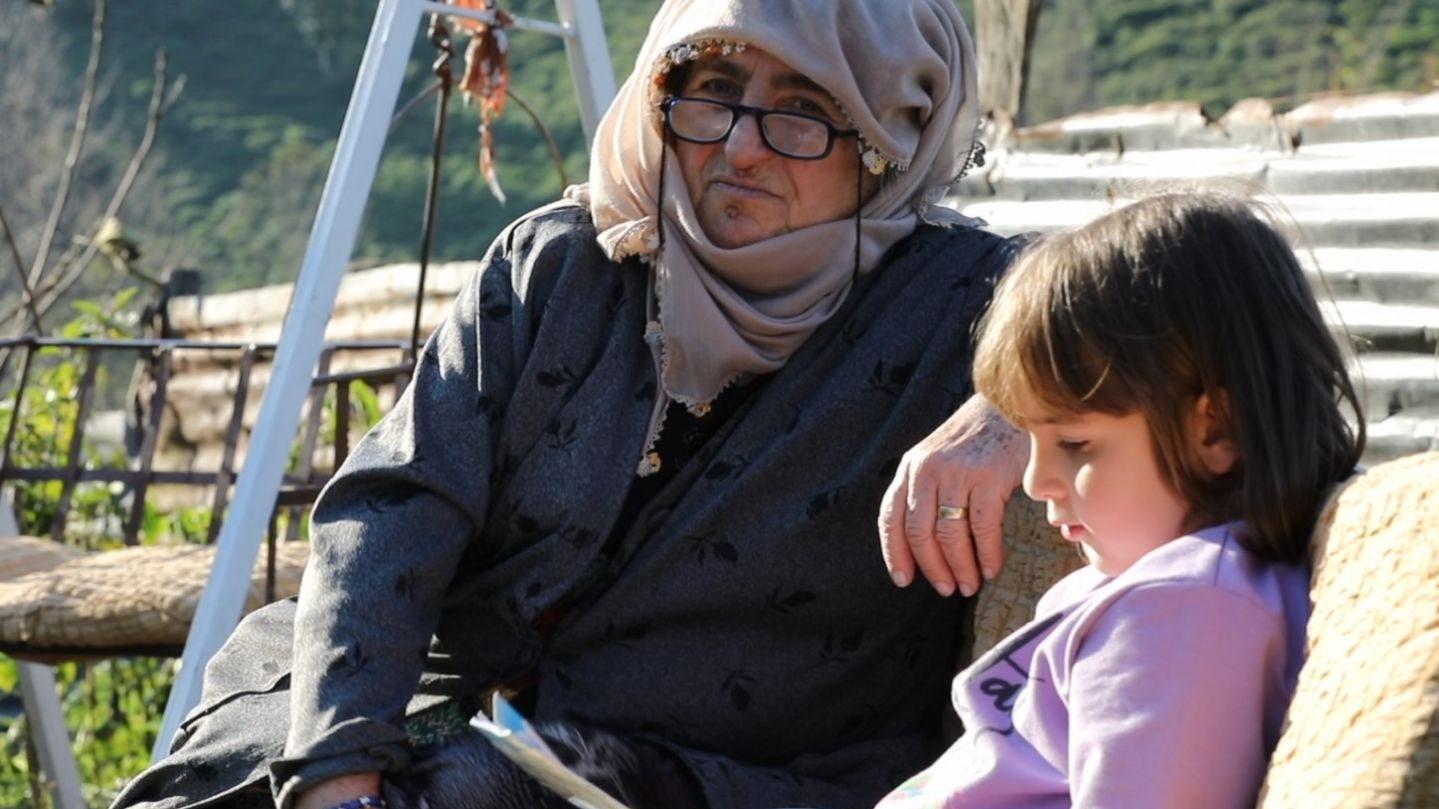The growing population of Syrian refugees has faced increasing pressure from authorities as official policies towards them have hardened, with some politicians now calling for a resolution to the crisis and their return to Syria. Amidst a deteriorating economic situation and insecurity, there also appears to be increasing hostility among Turkish citizens towards Syrians and rising inter-communal tensions, at times spilling into violence. The number of violent incidents reportedly tripled in the last six months of 2017, compared with the same period in 2016.
Besides stigmatization and intimidation, the majority of refugees living across the country struggle with entrenched poverty: unable to secure formal employment, many are forced to take informal, low paid work in exploitative conditions. Despite Türkiye allowing access to its public school system, hundreds of thousands of Syrian refugee children mostly residing outside refugee camps are unable to attend school due to language barriers, issues with integration and a lack of resources to meet related costs such as travel. Parents are frequently unable to pay to send their children to school and children may also have to work to help the family survive.
Among the refugees are minorities such as Abdal and Dom, who are subjected to more discrimination than Arab, Turkmen and Kurdish refugees, while those who are Alevi are subjected to discrimination on multiple grounds. Studies show that the approximately 20,000 Abdal staying in Diyarbakır are housed in structures made of breezeblocks, some of which have no roofs at all, while others are covered with tarpaulins, with entire families staying in these basic single-roomed structures. Aid organizations have not provided aid to them because of their ethnic origin and religious beliefs, which is an indication of the discrimination at play. As a result of the efforts of certain NGOs, however, some aid organizations are now paying more attention to Abdal refugees. The majority of Abdal and Dom who fled from Syria to Türkiye are staying in informal encampments, and on occasion the police raid their camps and take down their tents. A small number of refugees who are Roma or members of similar social groups stay as tenants in cheap rented accommodation. The cheap rent means that the places where they are staying tend to be flats, shops or construction sites that are far from the city centre and in unhealthy conditions. For financial reasons they may move often, meaning that they are in a constant state of insecurity. Such refugees do not stay in refugee camps but live near places populated by Turkish Abdal and Dom communities.


